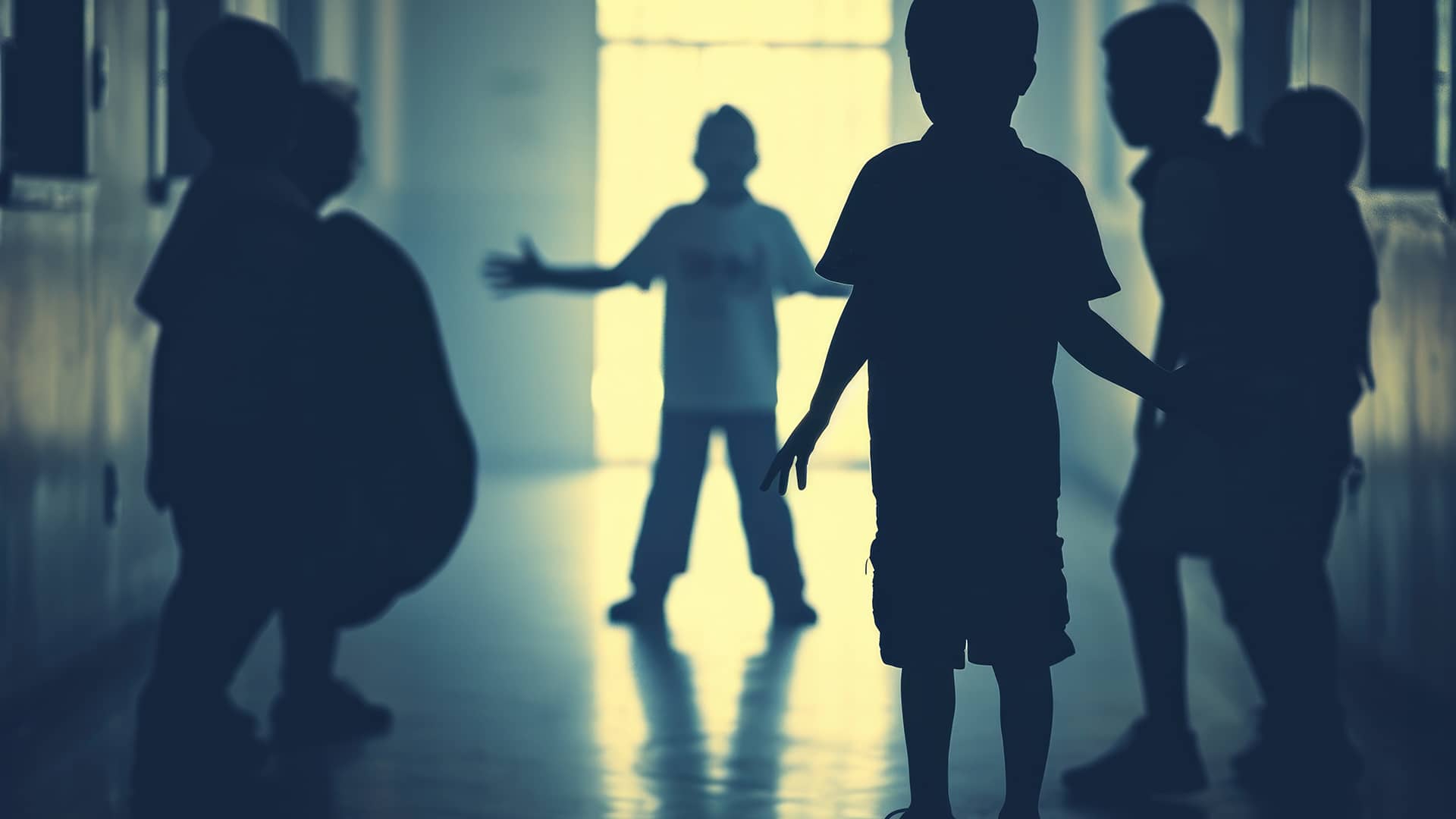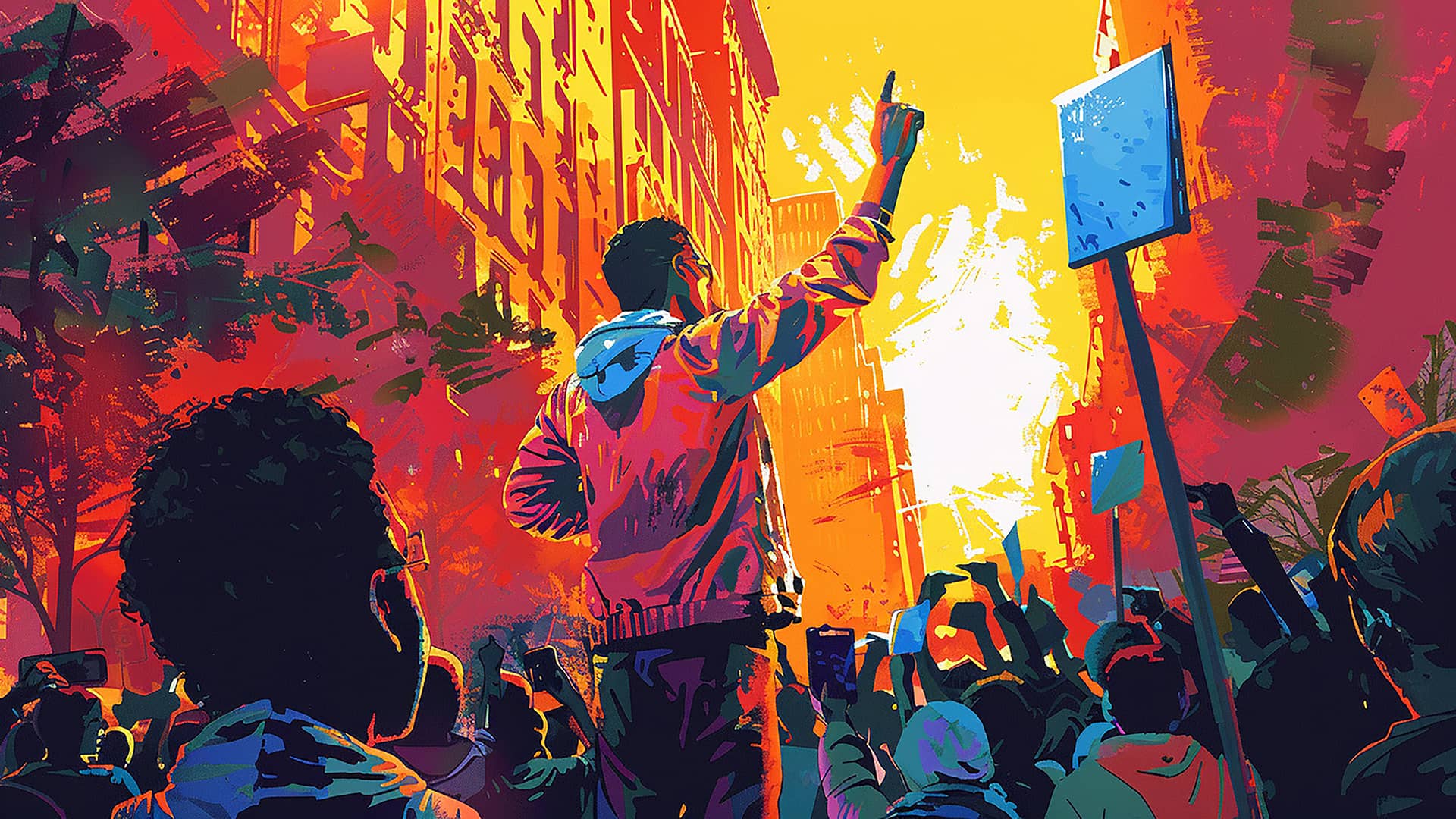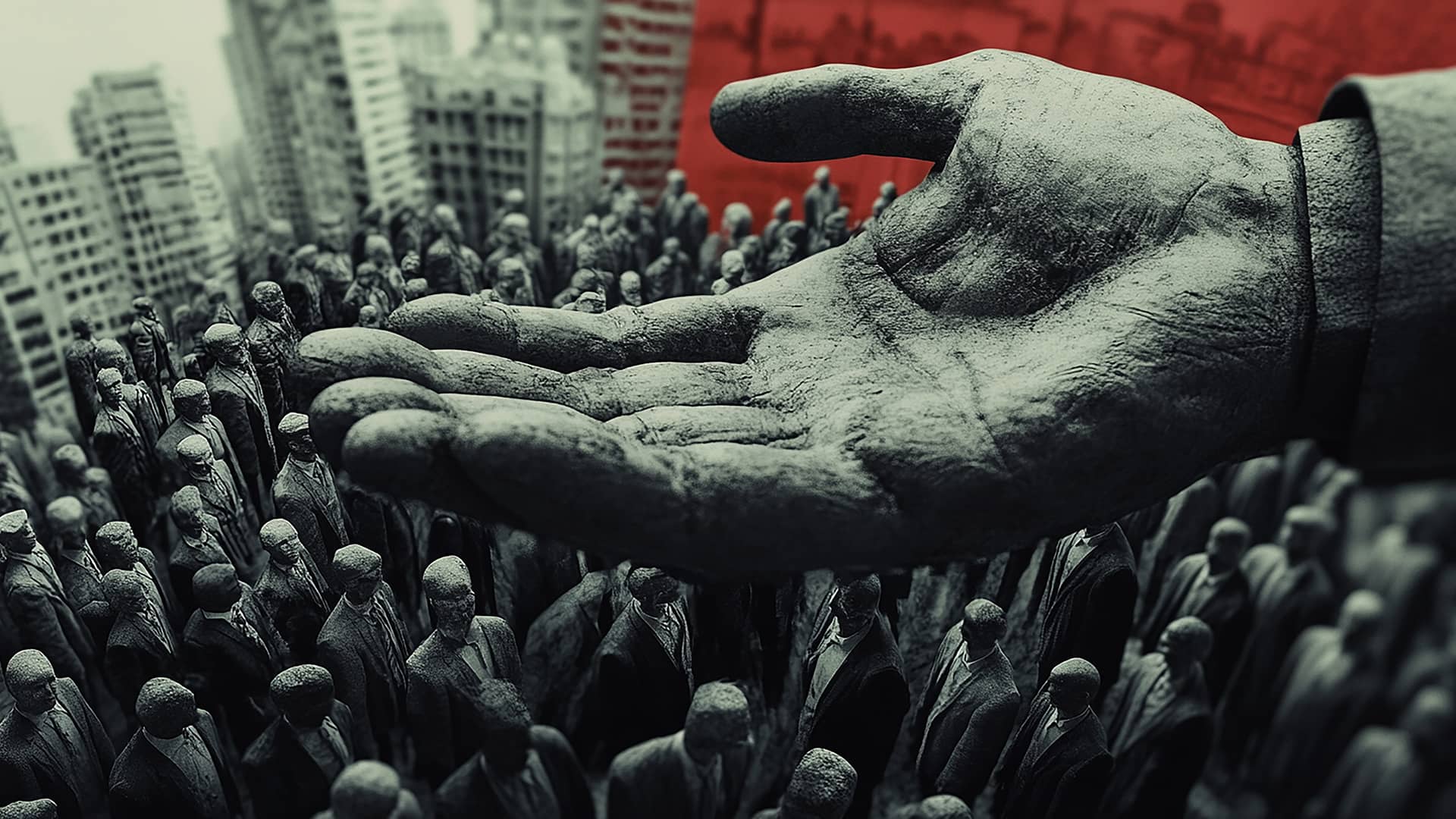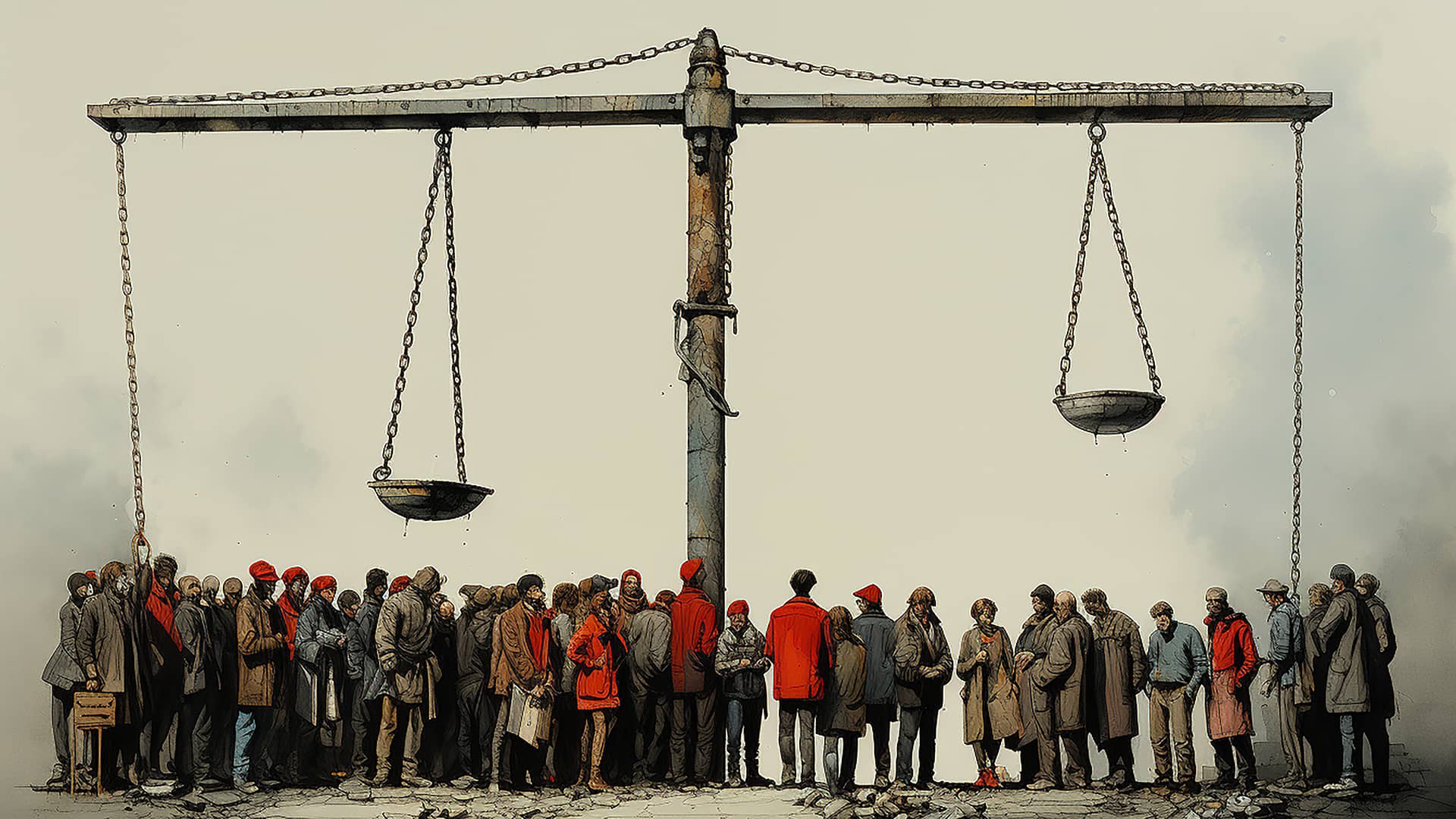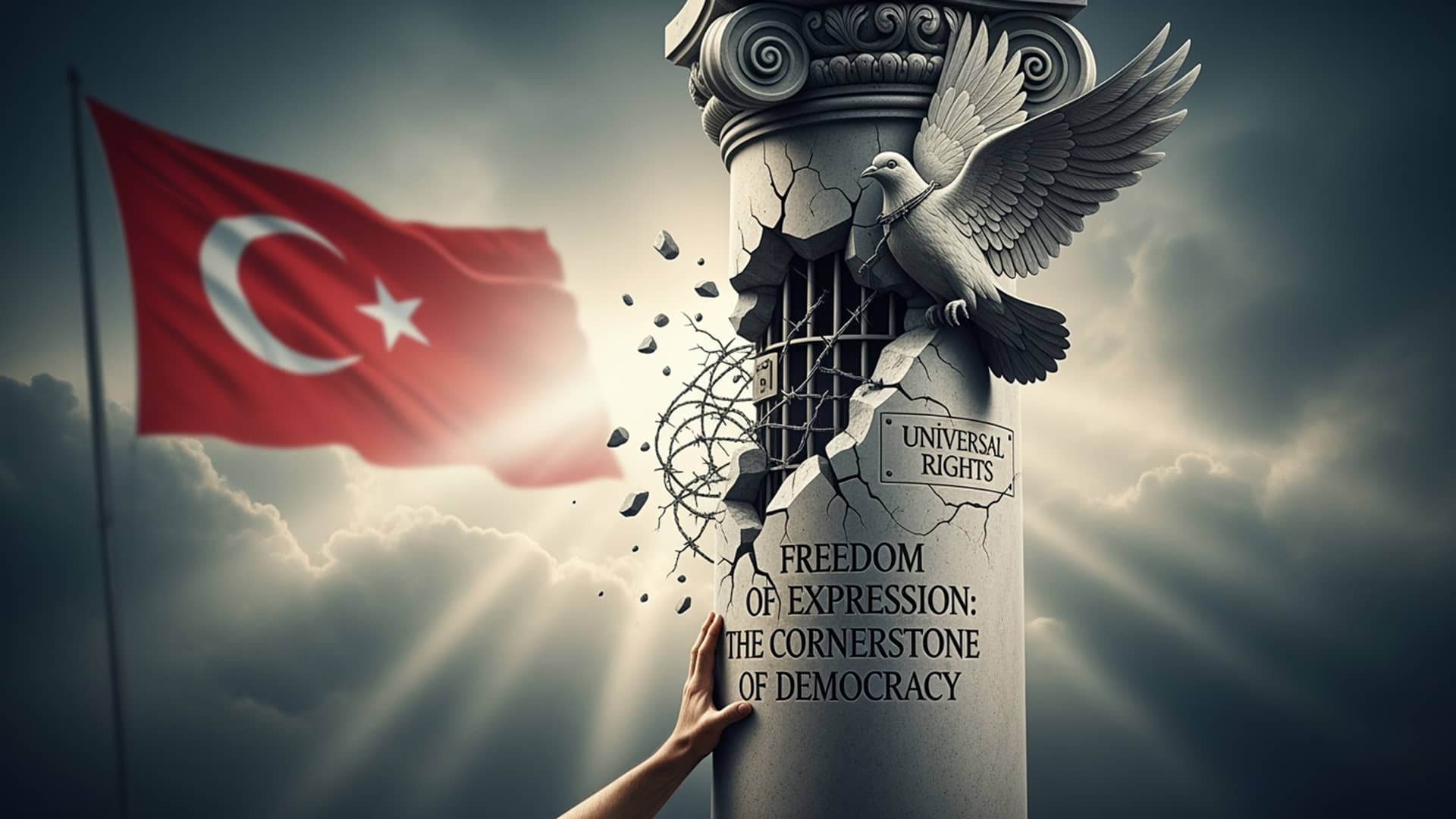Blog
Why AST? Do Not Let Your Silence Cast Shadows
The voice of a person is the deepest mirror of their conscience. Children behind bars, lives lost in the Maritsa River… The silenced voic...
Read MoreFamilies Under Siege: The Human Impact of Mass Detention
Understanding Mass Detention Mass detention occurs when governments arrest large numbers of people—often without charge or fair trial—for p...
Read MoreGrassroots Advocacy: How You Can Stand Up for Human Rights in Turkey
What Is Grassroots Advocacy? Grassroots advocacy refers to citizen‑led movements that aim to influence public policy and social attitudes f...
Read MoreInternational Human Rights Law: Empowering Victims of State Oppression
The Global Framework International human‑rights law is a network of treaties, conventions and customary norms designed to protect people fr...
Read MoreThe Rule of Law: Guarding Civil Liberties and Human Dignity
What Is the Rule of Law? The rule of law is the principle that all individuals—including government officials—are subject to the law, which...
Read MoreFreedom of Expression: The Cornerstone of Democracy
Why Freedom of Expression Matters Freedom of expression is not simply a privilege enjoyed by artists and journalists – it is the foundation...
Read More
